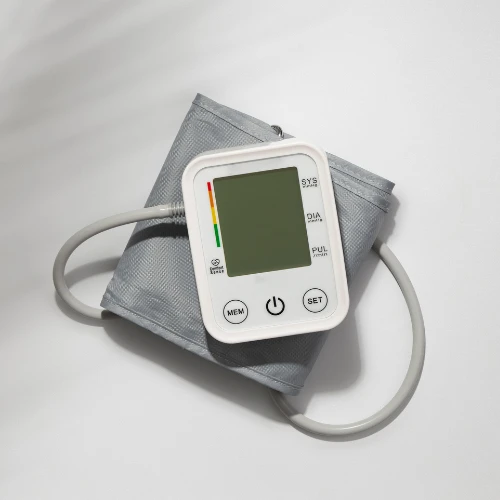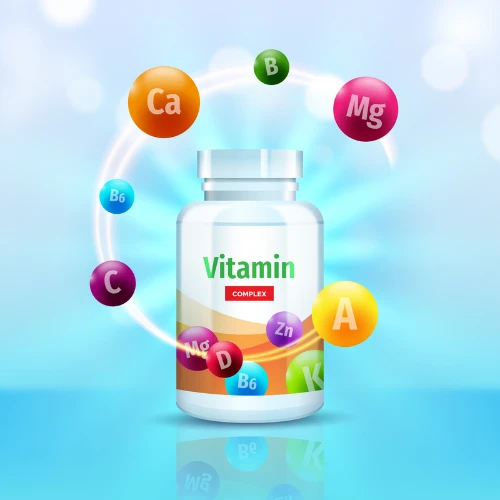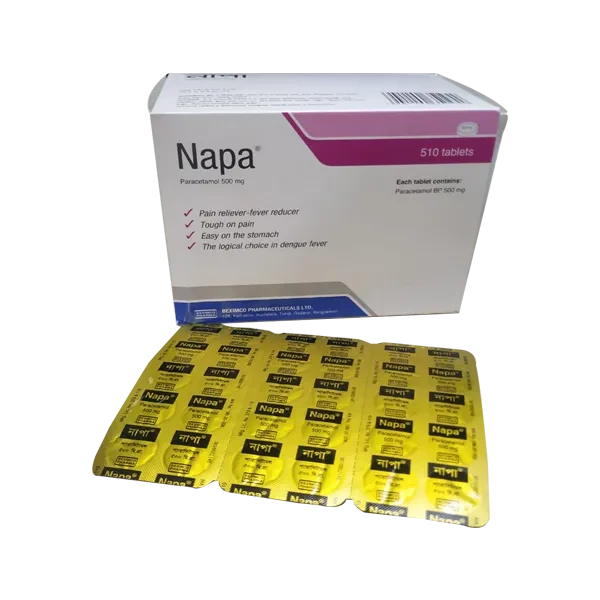-
Categories
-
 Medicines
Medicines
- Anesthetics & Neuromuscular Blocking
- Antimicrobial
- Cardiovascular System
- Anesthetics & Neuromuscular Blocking
- Musculoskeletal Systems
- Chemotherapy & Immunosuppressants
- E.N.T Preparations
- Allergy & Immune System
-
Eye Preparations
- Ophthalmic Anti-Allergic
- Ophthalmic Non-Steroid
- Ophthalmic Non-Steroid
- Miotics And Glaucoma
- Other Ophthalmic
- Dry Eyes
- Dry Eyes
- Ophthalmic & Topical Antibacterial
- Ophthalmic Anti-Bacterial
- Combined Ophthalmic Steroid & Anti-Biotic
- Ophthalmic Steroid
- Mydriatic And Cycloplegic Agents
- Ophthalmic Anti-Viral
- Mydriatic And Cycloplegic Agents
- Ophthalmic Anti-Viral
- Ophthalmic Steroid & Antibiotic Combined Preparations
- Combined Ophthalmic Non-Steroid
- Ocular Perioperatives
- Preparations For Ophthalmic Diagnosis
- Exocrine Secretions
- Ophthalmic Anti-Fungal
- Analgesic & Antipyretic
- Genitourinary System
-
Dermatological Preparations
- Acne & Rosacea
- Preparations For Warts & Calluses
- Anti-Eczema & Anti-Psoriasis
- Topical Anti-Infectives
- Topical Anti-Infectives
- Dressing Products
- Hyperpigmentation
- Ichthyosis & Scaly Skin
- Other Scalp Preparations
- Protection Of Skin From Solar Radiation
- Hair Growth Inhibitor
- Miscellaneous Topical Agents
- Prescription Cream
- Medicated Soap
- Medicated Shampoo
- Anemia & Other Blood Disorders
- Respiratory System
- Miscellaneous
- Bone Formation & Disorders
- Cerebrovascular System
- Gastrointestinal System
- Endocrine & Metabolic System
- Vitamin, Mineral & Nutritional Deficiency
- Central Nervous System
-
 Healthcare
Healthcare
-
 Baby and Mom Care
Baby and Mom Care
-
 Food and Nutrition
Food and Nutrition
-
 Beauty
Beauty
- Haircare
- Personal Care
- Skincare
-
Men's Grooming
- Men's Grooming Sets
- Men's Hair Colour & Haircare
- Men's Shaving Products
- Men's Body Powders
- Men's Razors & Trimmers
- Beard Care Products
- Facial Cleansers for Men
- Men's Body Washes & Soaps
- Men's Hairstyling Products
- Men's Skincare Products
- Men's Hair Oil
- Men's Lip Balm
- Men's Hair Shampoo and Conditioners
- Men's Body Lotion & Creams
- Men's Deodorants and Antiperspirants
- Fragrance & Perfume
- Beauty Tools & Device
- Makeup
-
 Home Care
Home Care
-
 Supplement
Supplement
-
 Pet Care
Pet Care
-
 Sexual Wellness
Sexual Wellness
-















